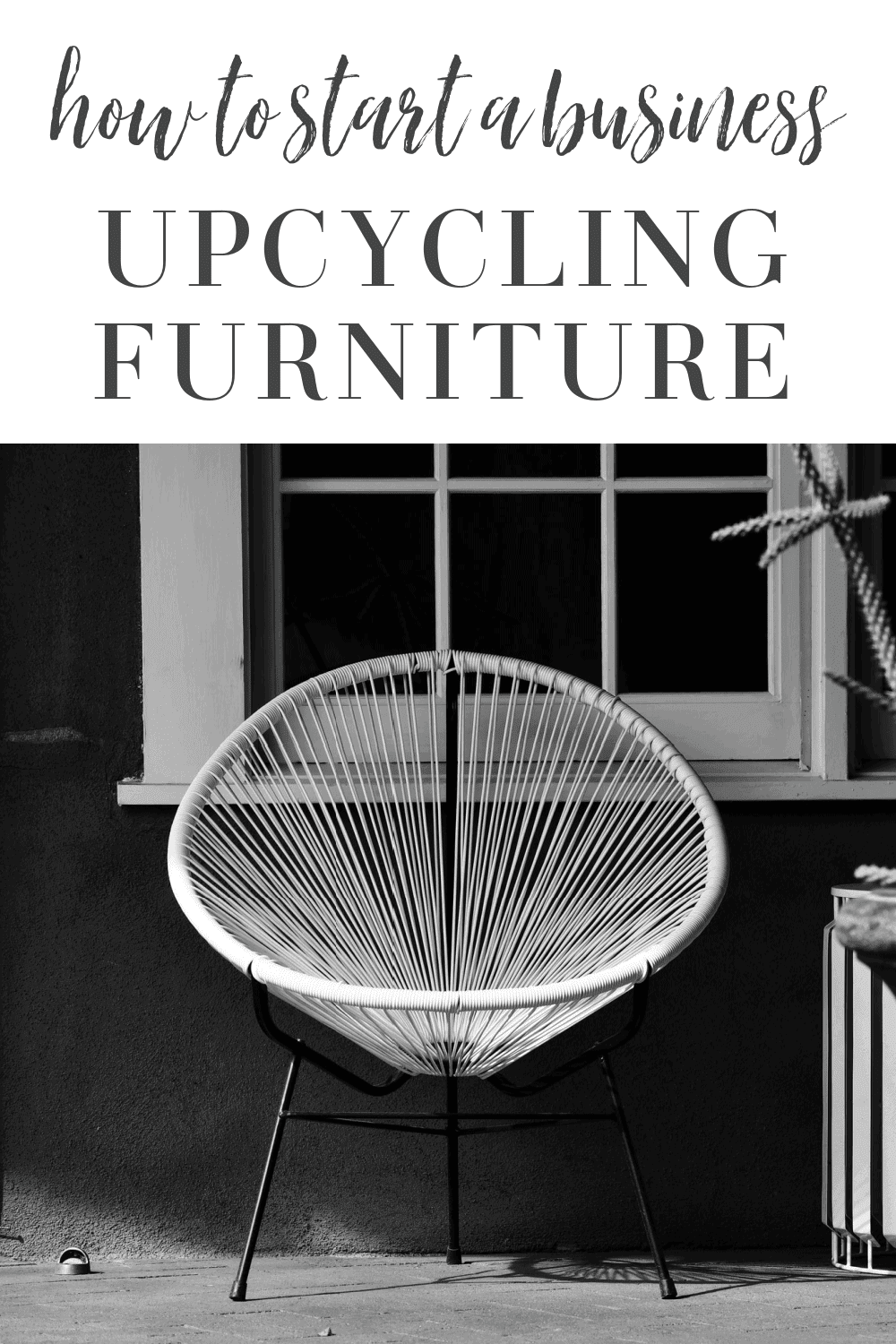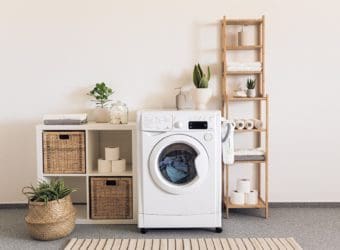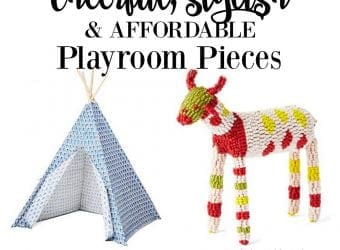How To Start An Upcycling Furniture Business
How To Start An Upcycling Furniture Business
Are you passionate about restoring, restyling & transforming furniture and would like to make an income out of it? Using your creative skills to give old furniture a makeover can offer low-risk opportunities, and with a good eye and lots of hard work, it can be a lucrative business.
I would love to have an upcycle furniture side hustle. Here are some tips on How To Start an Upcycling Furniture Business.

How To Start an Upcycling Furniture Business
Make a Plan
As with starting any business, you need to formulate a business plan. The most important thing to consider is how you will finance your start-up and ongoing costs.
Luckily, a business selling upcycled furniture can be reasonably inexpensive to start as you can start with any old furniture you have lying around, or you can pick up free stuff on sites such as Gumtree and Facebook Marketplace.
Decide whether you want to get some professional training in carpentry, upholstery, and painting techniques, and look for accredited courses. Will you try to give your pieces of furniture a signature style, or will each piece be unique?
Where will you do your upcycling work? To begin with, a garage or a garden shed is ideal as you can leave your projects set up and don't have to worry about clearing everything away at the end of the day like you would if you were doing it in your home.
If you don't have anywhere suitable, you could look into renting a small studio. Whatever you decide, the workroom needs to be bright so you can see what you are doing properly and well-ventilated to minimize your exposure to the fumes from paint and varnish.
Show Off
Marketing your new venture is vital. Consider building a website with fabulous before and after shots of your creations or create a business page on social media platforms such as Facebook or Pinterest – reasonably inexpensive ways of attracting customers.
Ask friends and family if they have any old furniture pieces they would like transformed for a small fee and ask them to spread the word or write a review on your website. Make flyers and business cards to leave in local shops and post through local doors.
Tools of the Trade
A good tool kit is your most important investment. Buy good quality tools that will do a superior job and last a long time. It is a good idea to set up your workroom with a sturdy workbench, some shelves to store paint and varnish in, drawers for decoupage papers, and a robust and secure toolbox such as the Waterloo tool chest to protect your precious implements.
Tools you will need for upcycling furniture include an electric sander. A small palm or ‘mouse' sander is ideal for sanding intricate detailing, and an orbital sander is best for more large-scale work.
Invest in plenty of screwdrivers of different sizes and heads for removing handles and hinges from the furniture. To keep yourself protected from paint, varnish, and chemical fumes, make sure you have goggles and plenty of face masks.
Some paint strippers can cause severe irritation to exposed skin, so buy a few boxes of disposable gloves. These are good for wearing when you paint the furniture too as they keep your hands clean.
For a professional finish to your paintwork, the brushes you buy must be of high quality. You don't want to have stray paintbrush hairs stuck all over your creations! Small paint rollers can give a smooth finish and are easier for covering large pieces of furniture.
The paints and finishing products you use are also of the utmost importance and need to provide adequate coverage and be hard-wearing.
Finishing Touches
Think about the different visual effects you can create with paints, varnishes, waxes, stencils, and paper. A lot of people like the translucent, shabby chic appearance chalk and milk paint give wood.
Milk paint is a great product to use as it is eco-friendly, biodegradable, and nontoxic. Let your creative side go wild by adding gold leaf to the edges of cabinets, beautiful handles, and hinges to doors and drawers, or lining the backs of glass display cabinets with decorative wallpaper.
Hand-painted designs can add a unique touch or invest in some stencils for a repetitive, uniform design. Decoupage your furniture by sticking sheer fabric or paper to the surface and sealing it with a hard-wearing varnish.
Tie in the pictures and designs on the paper with complementary shades of paint to create a theme. You can now check out your chances with an upcycle furniture side hustle. We hope that you love this How To Start an Upcycling Furniture Business post. Happy upcycling!






Pingback: 7 Things You Should Buy from a Local Business Instead of Online - Divine Lifestyle